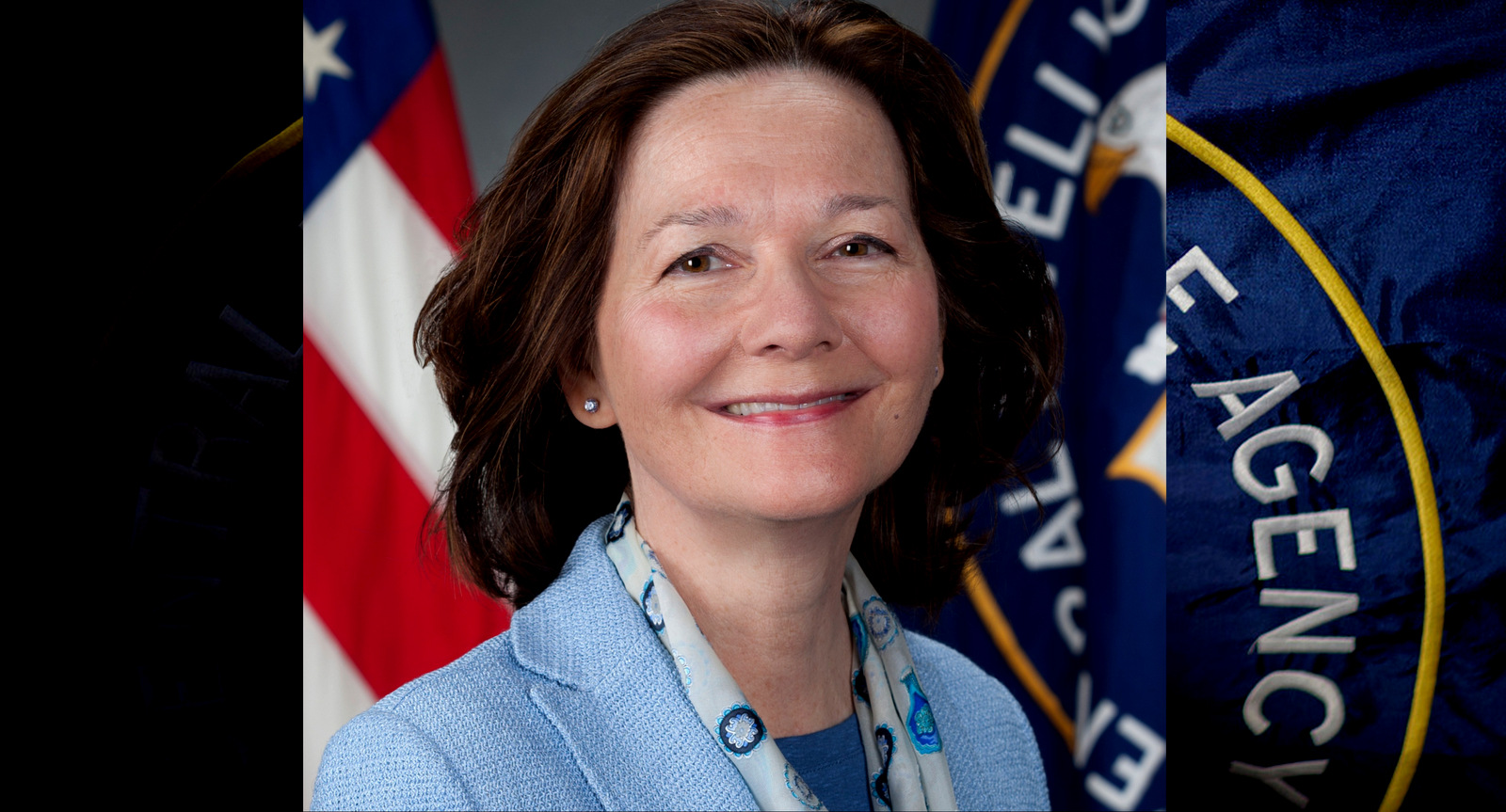WASHINGTON (AP) — Gina Haspel’s colleagues describe her as a seasoned veteran who would lead the CIA with integrity. Human rights advocates see her as someone who supervised torture at a secret prison.
President Donald Trump’s pick to be the next — and first female — director of the clandestine agency has conflicting public reputations. If confirmed, the 61-year-old career spymaster will succeed Mike Pompeo, who is replacing ousted Secretary of State Rex Tillerson.
“I am grateful to President Trump for the opportunity, and humbled by his confidence in me,” Haspel said in a statement.
Haspel didn’t have to face a Senate confirmation hearing when she became deputy director of the agency in February 2017. To be director, she’ll have to be confirmed by the Senate intelligence committee. That will likely mean questions about one of the darkest periods of the CIA’s history.
Trump said Haspel is an “outstanding person.” She’s well respected by intelligence professionals, who have called her a patriot and an exceptional leader who brings creativity, savvy and grit to her job every day.
Yet Haspel also had a front-row seat to the CIA’s use of harsh interrogation techniques against terror suspects. Between 2003 and 2005, she oversaw a secret CIA prison in Thailand where terror suspects Abu Zubayadah and Abd al Rahim al-Nashiri were waterboarded, current and former U.S. intelligence officials said. Waterboarding is a process that simulates drowning and is widely considered to be a form of torture.
Haspel, who joined the CIA in 1985, also helped carry out an order to destroy waterboarding videos. The order prompted a lengthy Justice Department investigation that ended without charges.
Related
- CIA Cables Reveal New Deputy Director’s Role On Torture
- Trump Axes Tillerson Over Iran Deal – Replaces Him With CIA Chief Pompeo
Sen. Richard Burr, the chairman of the Senate committee that will vote whether to confirm Haspel, said she has the “right skill set, experience and judgment” to lead the CIA.
But one fellow Republican, Sen. John McCain, said Haspel must explain the nature and extent of her involvement in the CIA’s interrogation program.
“Current U.S. law is clear in banning enhanced interrogation techniques,” said McCain, who was beaten as a prisoner during the Vietnam War. “Any nominee for director of the CIA must pledge without reservation to uphold this prohibition.”
Rep. Adam Schiff, the House intelligence committee’s top Democrat, cited Haspel’s “impressive record,” but also said she must outline if she would comply with any presidential order bringing back waterboarding and other such techniques.
Trump has spoken about reintroducing waterboarding and “a lot worse,” but would face steep legal and legislative hurdles to do so. The harsh interrogation techniques have been roundly denounced by human rights groups worldwide.
“No one who had a hand in torturing individuals deserves to ever hold public office again, let alone lead an agency,” Human Rights First’s Raha Wala said Tuesday. “To allow someone who had a direct hand in this illegal, immoral and counterproductive program is to willingly forget our nation’s dark history with torture.”
Haspel may have to overcome some challenges with key U.S. allies.
After Haspel was named deputy CIA director, the European Center for Constitutional and Human Rights asked German prosecutors to issue a warrant for her arrest over her role in the interrogations. Federal prosecutors never issued the warrant because the case lacked a connection to Germany. But the rights group’s allegations against Haspel remain part of a preliminary investigation that German authorities could revive at a later date if they receive evidence that any of the parties have links to Germany.
Haspel has been chief of station at CIA outposts abroad. In Washington, she has held several senior leadership positions, including deputy director of the National Clandestine Service.
In her current post, she worked with Pompeo to manage intelligence collection, analysis, covert action, counterintelligence and cooperation with the CIA’s foreign counterparts.
Associated Press writer Frank Jordans in Berlin contributed to this report.
Top Photo | This March 21, 2017, photo provided by the CIA, shows CIA Deputy Director Gina Haspel. Haspel, who joined the CIA in 1985, has been chief of station at CIA outposts abroad and led both CIA torture programs and secret prisons. (CIA via AP)


